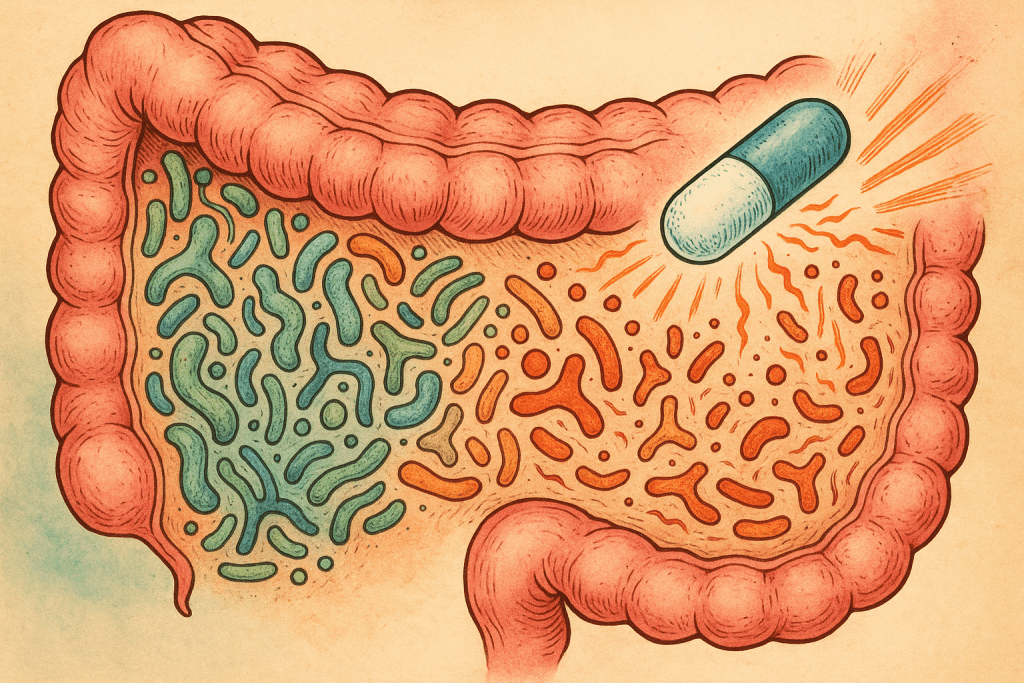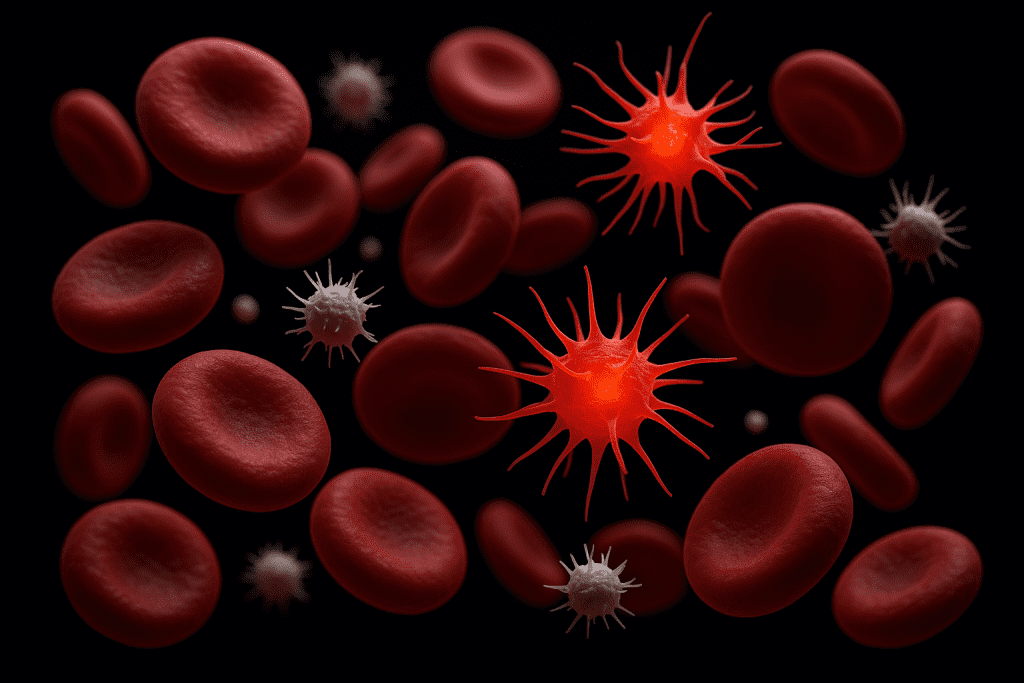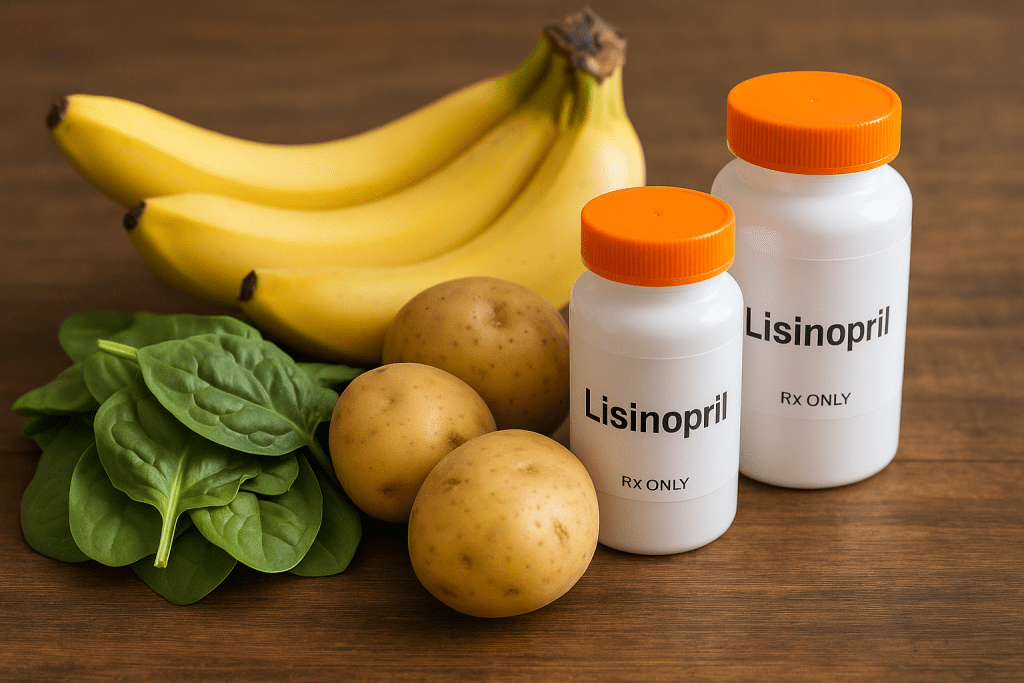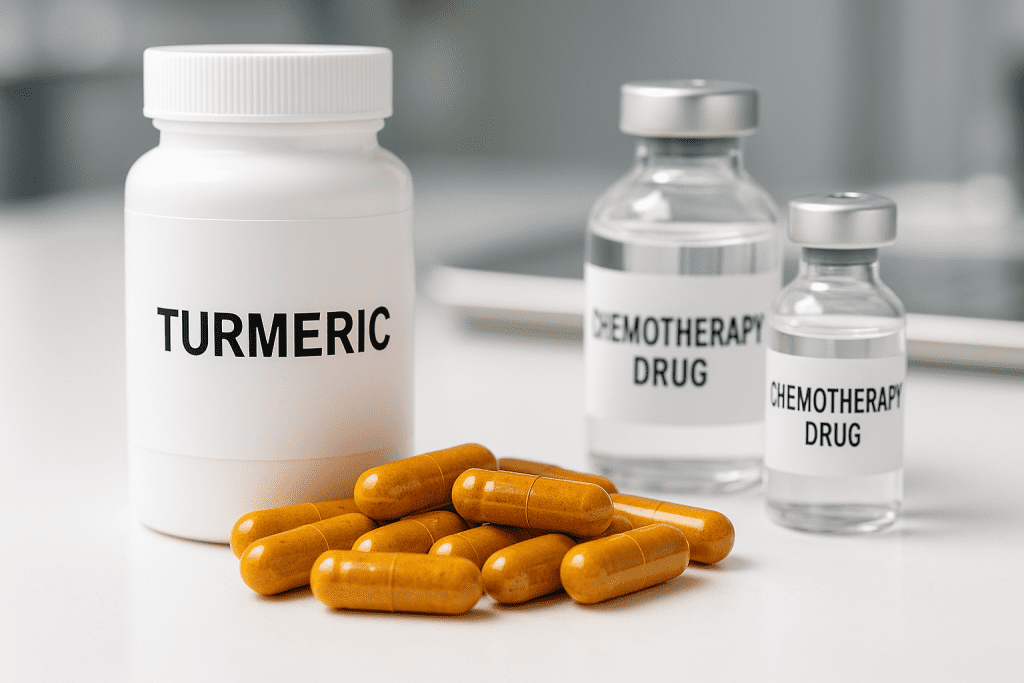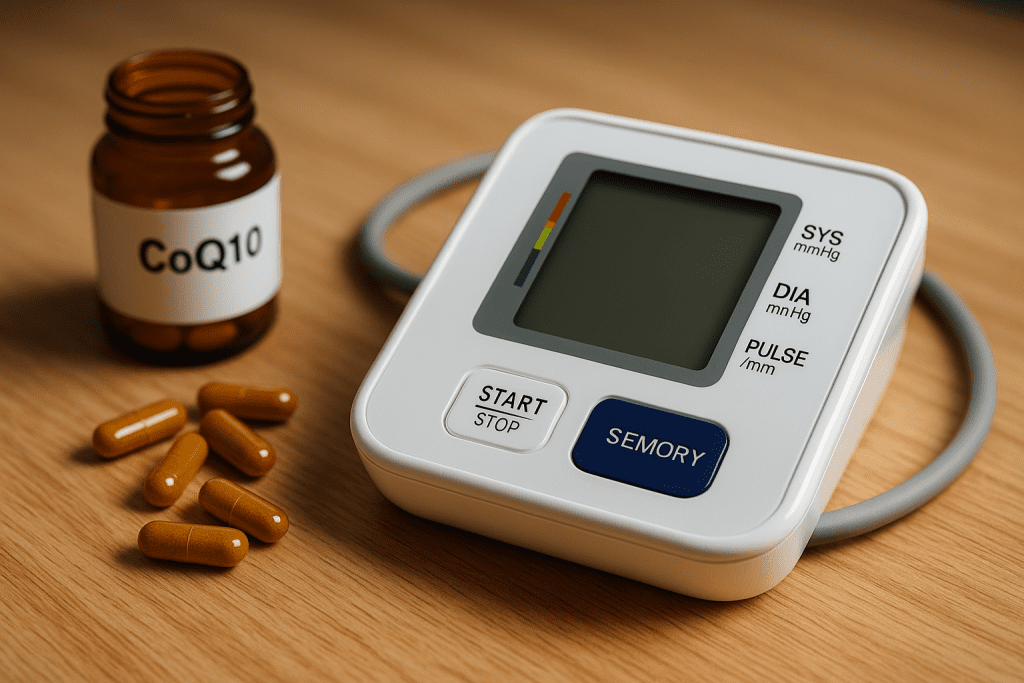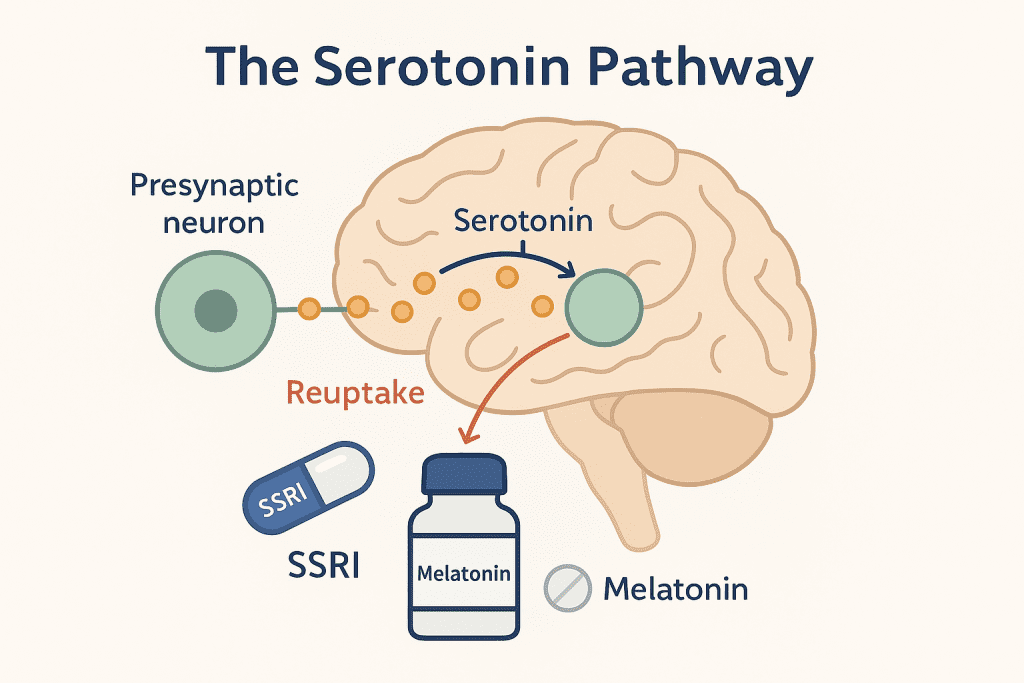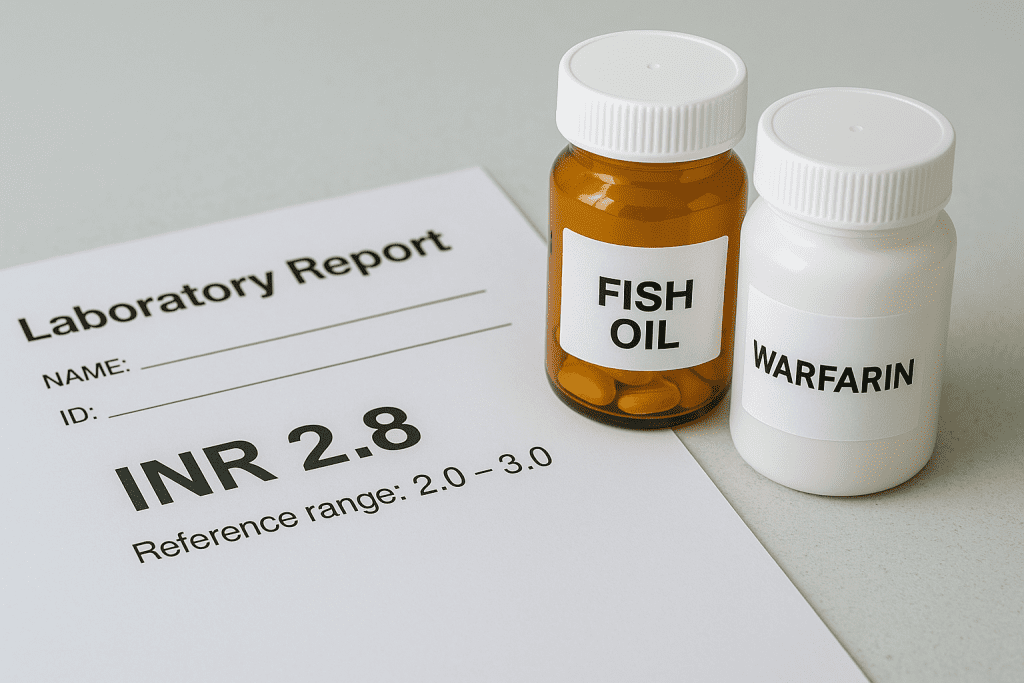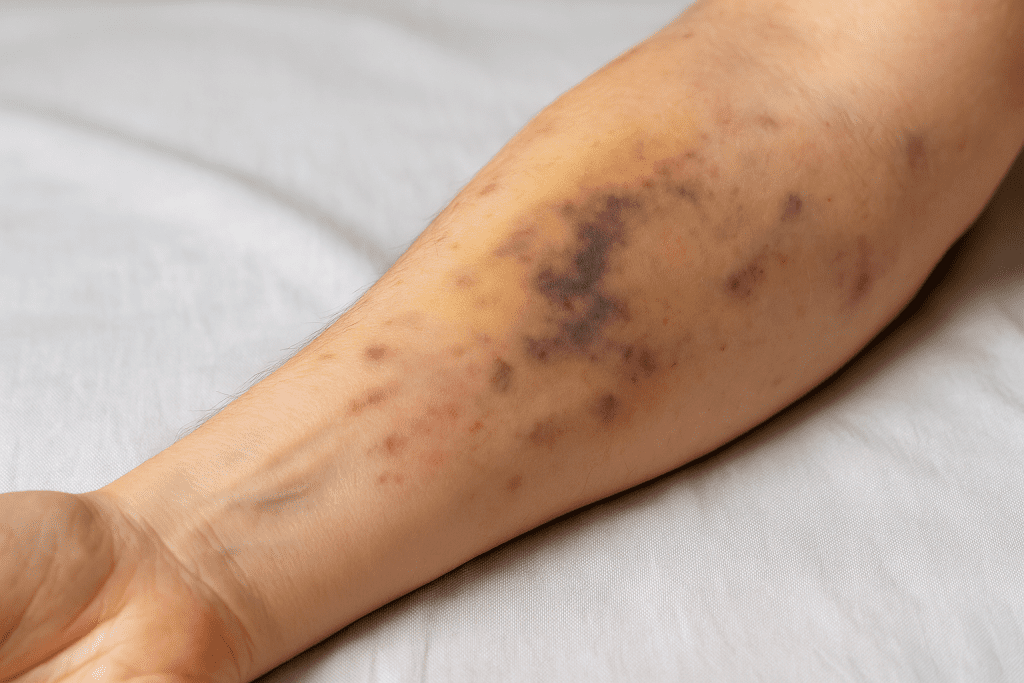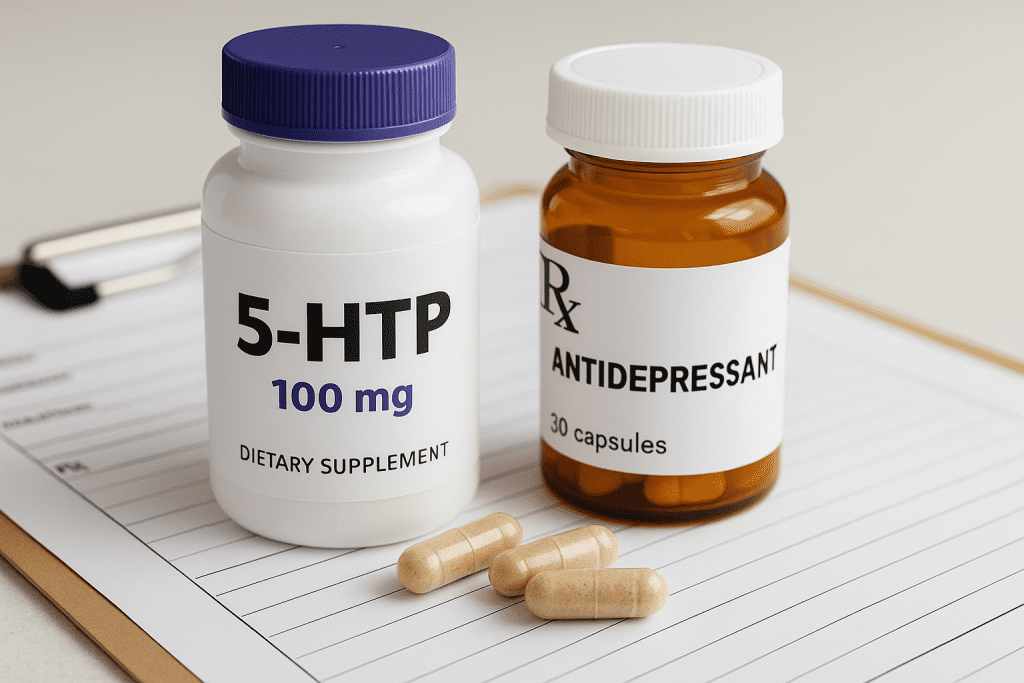Vitamin B6 Levodopa Interaction: What Parkinson’s Patients Must Know [Expert Guide]
If you or a loved one is managing Parkinson’s disease, understanding the interaction between vitamin B6 and levodopa is crucial. While levodopa is a cornerstone of Parkinson’s treatment, certain supplements—particularly pyridoxine (vitamin B6)—can interfere with its effectiveness. This guide explores how this interference happens, the risks of deficiency, and expert-backed strategies for safe supplementation. You’ll […]
Vitamin B6 Levodopa Interaction: What Parkinson’s Patients Must Know [Expert Guide] Read More »

